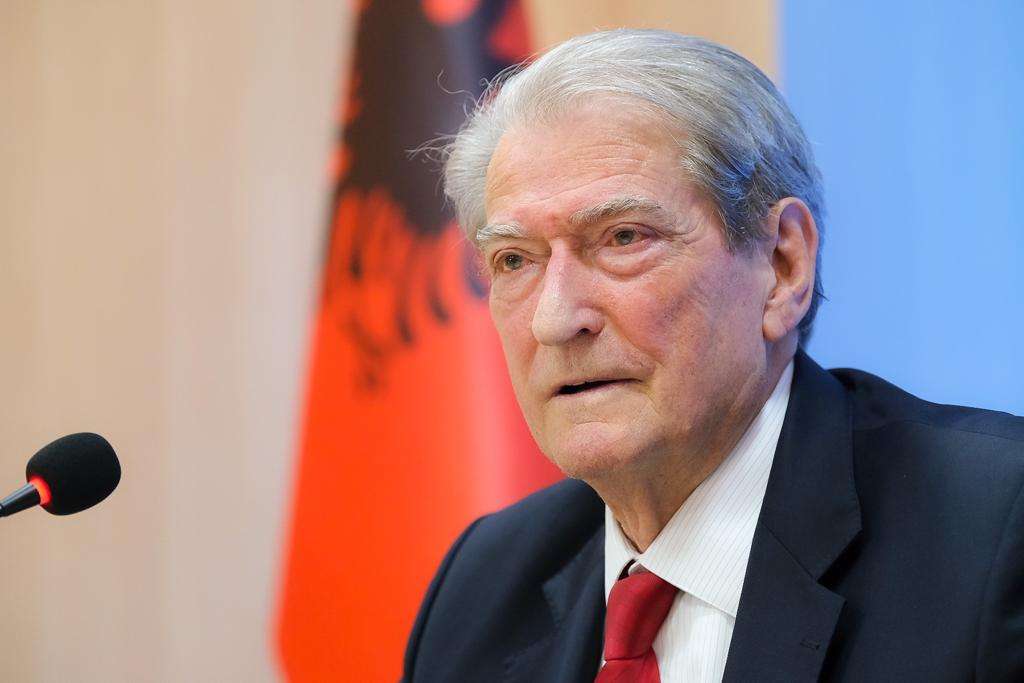Constitutional Court rejects Berisha’s appeal against house arrest in Partizani case

Albania’s Constitutional Court has dismissed former Prime Minister Sali Berisha’s appeal to invalidate the house arrest order issued by the Special Court for Corruption and Organized Crime (GJKKO) a year ago in relation to the Partizani case.
Why is this important: Sali Berisha spent one year under house arrest, a measure imposed by GJKKO at the request of the Special Anti-Corruption Structure (SPAK). This followed his failure to comply with a prior court order requiring him to appear for questioning. Berisha and his legal team argued the measure was unconstitutional, claiming SPAK should have sought parliamentary authorization before imposing restrictions, as he is a member of parliament with immunity. The Constitutional Court, however, rejected this argument, upholding the measures implemented by GJKKO as legitimate.
Context: The Constitutional Court announced that after reviewing the petitioner’s standing, it determined that Berisha was justified in challenging both the judicial decisions to change the personal security measure and the parliamentary procedure for authorizing his house arrest.
However, after examining the case’s merits, the Constitutional Court decided by majority vote to reject Berisha’s claims.
On November 21, the Court clarified that the “obligation to appear” and “prohibition from leaving the country” measures did not hinder Berisha’s work as a deputy and could be imposed without parliamentary approval. This invalidated Berisha’s argument that SPAK had violated the Constitution.
The house arrest measure against Berisha was lifted in December when a judge ruled that he posed no risk of evidence tampering as the case had already been sent to court. However, SPAK appealed the decision, requesting that house arrest be reinstated. The judge reviewing SPAK’s appeal imposed a lighter measure requiring Berisha to report to SPAK officers twice a month.
What’s next: Later this month, GJKKO is set to begin reviewing the case, where Berisha faces charges of passive corruption. SPAK alleges that he proposed and passed legislation enabling his son-in-law to privatize the Partizani sports complex. This property was subsequently developed into numerous apartment buildings, allegedly generating millions of euros in profits from sales.


